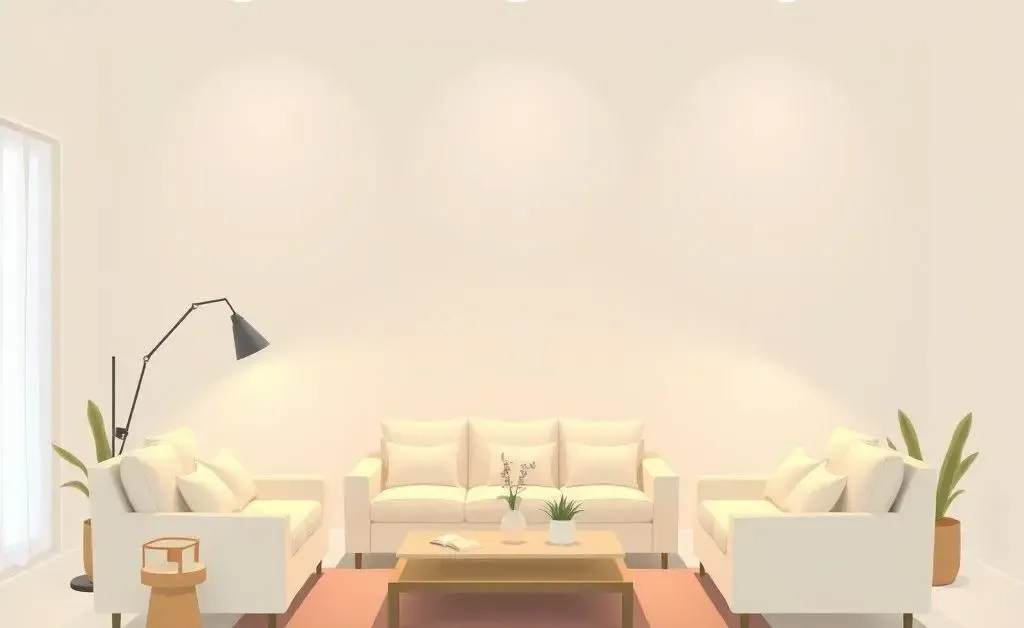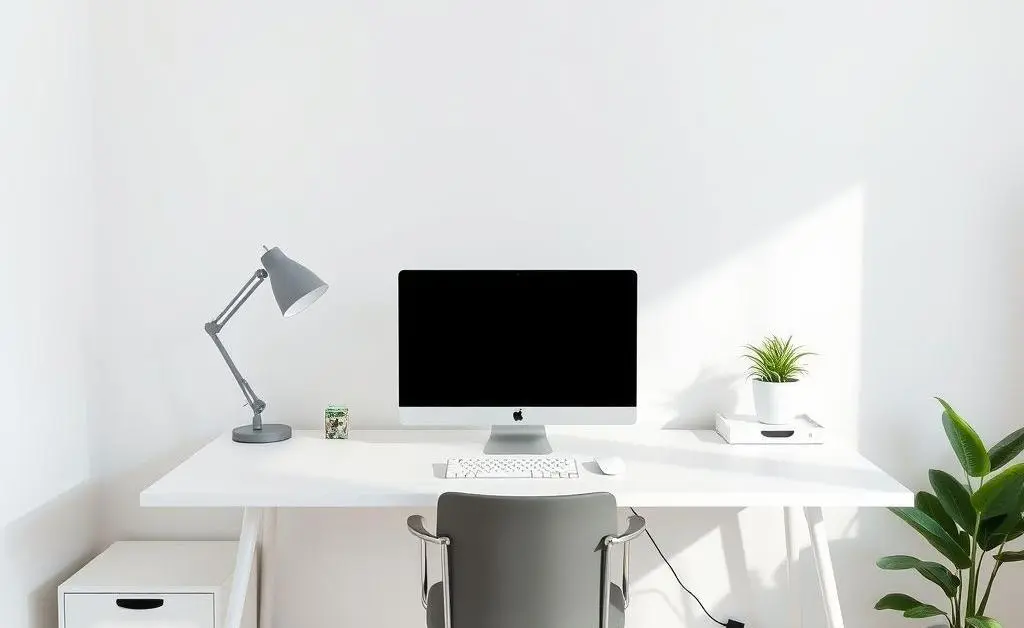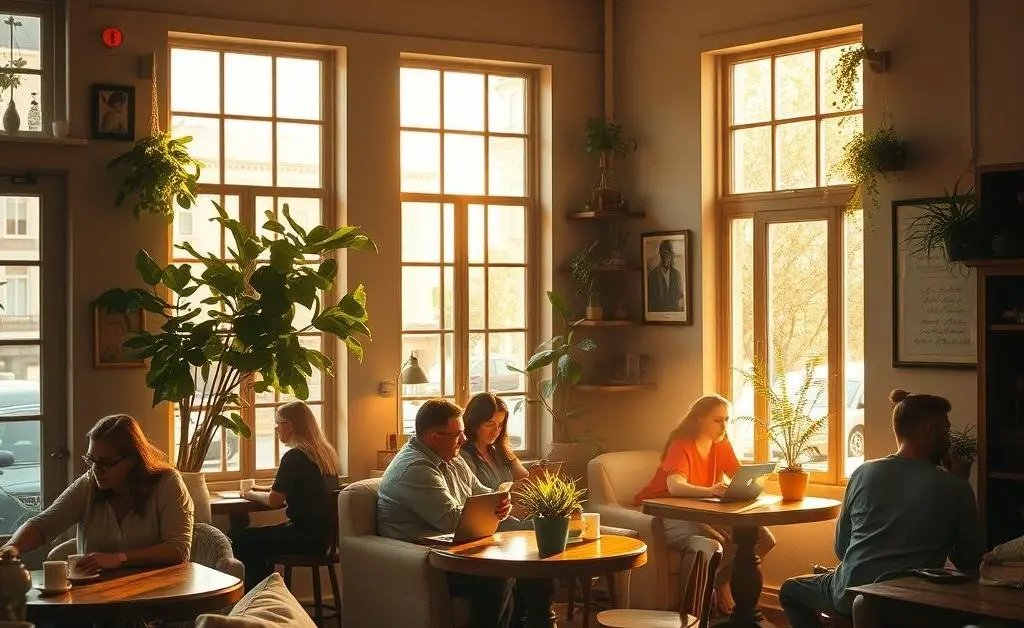How Finding Your Comfort Zone Can Improve Mental Well-Being
Discover how understanding your comfort zone leads to better mental health.

Have you ever thought about how much time you spend in your comfort zone and whether it's truly serving your mental well-being? Today, we're exploring why understanding and nurturing your comfort zone can significantly enhance your state of mind.
Why Your Comfort Zone Matters
Your comfort zone is where you feel most at ease and secure, free from anxiety and stress. It's often associated with routine and familiarity, but it doesn't necessarily mean stagnation. Knowing your comfort zone can help balance your mental health, offering a stable base from which you can explore new experiences.

Identifying Your Comfort Spaces
Think of the last time you felt perfectly at ease. Maybe it was sipping coffee in your favorite corner café, or perhaps it was a quiet evening spent reading at home. Identifying these places and activities is the first step to understanding how your environment contributes to your overall well-being.
Here are some signs you've found a spot in your comfort zone:
- You feel relaxed and at ease.
- Time seems to fly by unnoticed.
- You can engage in your thoughts without pressure.

Expanding Your Comfort Zone
While it's crucial to have a space where you feel comfortable, the next step is gently expanding this zone to include new growth areas. Start by mixing familiar activities with slight challenges—try a cooking class or an artsy workshop. You'd be surprised how this blend can invigorate your sense of adventure and personal growth.
Personalizing Your Comfort Strategy
Picture this: after a hectic week, Alex decides to unwind by visiting a local park. They take their favorite book, lay on the grass under a big tree, and let the hours drift by. Enveloped by the peacefulness around them, Alex absorbs the positive energy, leaving the park feeling emotionally recharged.

Your comfort zone doesn't have to be a fixed location. It can be an emotional state or a set of activities. Discover what works best for you and incorporate it into your routine regularly.
Finding Balance and Growth
Ultimately, your comfort zone is a place of safety, but it doesn't need to stop you from growing. Like a plant in the right conditions, give yourself room to root and reach new heights.
What part of your comfort zone have you cherished lately, and how could you expand it just a little to embrace growth? Let's talk in the comments!




